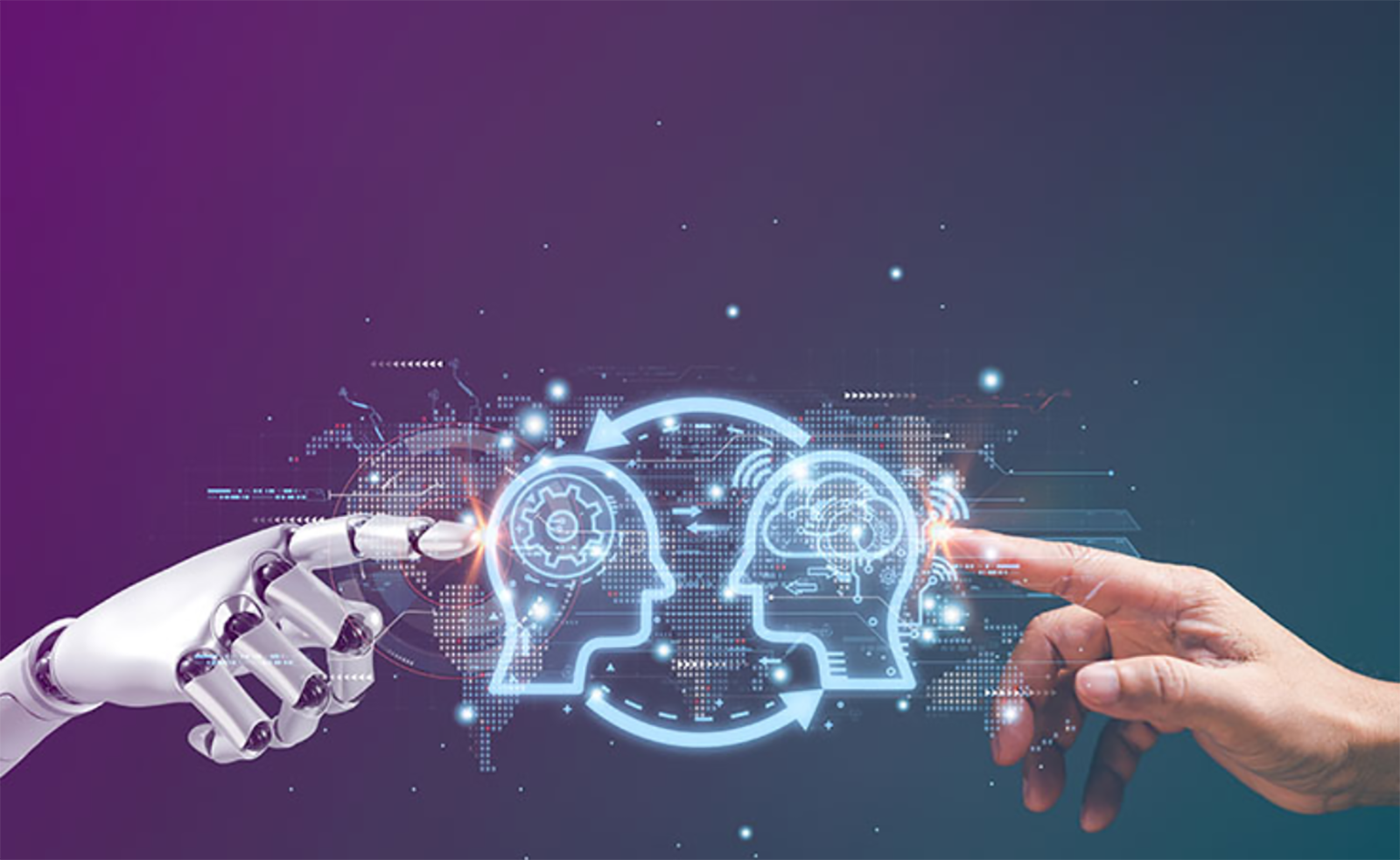Do You Focus on Data or Decisions?

The difference defines your work future in the AI world.
By Hitendra Patil
Rise of The AiCCOUNTANTS
Imagine there is no artificial intelligence.
I know it is tough to imagine this, but for the next two minutes, just imagine there is no AI.
MORE: What Could Accounting-Specific AI Bring? | How to Use the Three Types of Artificial Intelligence | AI Means Clients Need You More Than Ever | Seven Changes AI Brings to Accounting | Humans Beat AI in Some Aspects | Why Accountants Should Embrace Artificial Intelligence | AI Brings Opportunities for Accountants | Seven Things You Must Know about AI
Exclusively for PRO Members. Log in here or upgrade to PRO today.
How have you been working as an accounting professional without AI so far?
READ MORE →




